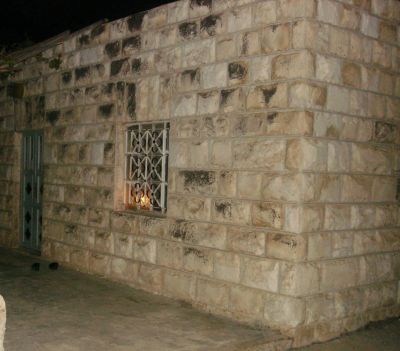With the beginning of the year 2010, more than 20,000 citizens in the different areas of the West Bank are still suffering from the unavailability of electricity to lighten their houses and roads, or even meet their daily needs (See Map) . And from this perspective came the idea of launching a project that uses solar energy to support those in need for electricity in order to encourage them to stay in their lands, help their children enhance their academic achievements, enhance the medical care services in their areas, provide a tool of communication between them and the modern world, and create equality between them and the areas around.
In addition, the utilization of solar energy to produce electricity raises the awareness of targeted communities on climatic change mitigation, focusing on energy efficiency and saving techniques. This hybrid technique will also decrease Co2 emission.
Much support is needed in order to help these people have permanent access to electricity, which is needed to meet their basic needs of education and health care. You can be part of this great initiative by supporting one of the following projects:
“LIGHT THEIR HOMES”
This is a lighting project that basically uses solar energy. It is divided into different levels:
Household level: This includes lighting a house using solar energy to meet the basic needs of the family. (Solar system < 1 kilowatts)
Community level: This includes lighting one of the followings: school, local community service center, kindergarten, community institution, or health center.
(1 kilowatt < Solar system < 3 kilowatts)
Village level: This includes lighting a group of houses with a central solar system.
(Solar System > 3 kilowatts)
“LIGHT THEIR ROADS”
The purpose of this project is to light the roads and entrances of houses in the rural and unprivileged areas in order to secure their movement at night.
The system is made up of a lighting unit that uses solar energy, operates automatically, and has a one-week autonomy.
If you would like to contribute to this initiative, please contact us at: pmaster@arij.org


